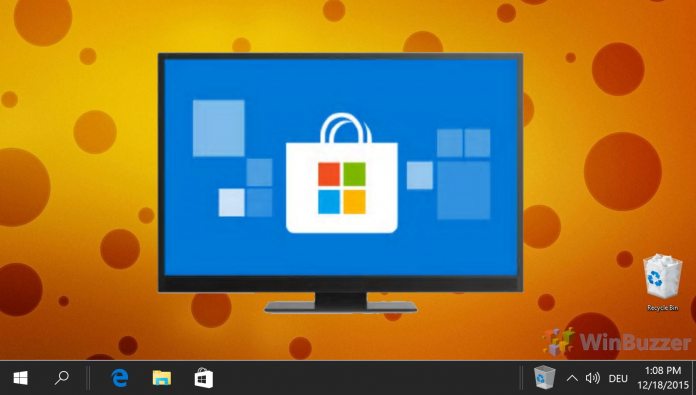During the sentencing, the jury confirmed Kvashuk was found guilty of 18 crimes. including six counts of money laundering, five counts of wire fraud, two counts of filing computer in furtherance of fraud, and two counts of aggravated theft. Kvashuk stole digital currency and resold it to receive $2.8 million. He intended to use the money to buy a $1.7 million home and eventually planned to steal a total of $10 million. Microsoft discovered the rouse in 2018 and fired the 25-year-old in June that year. The company than investigated what Kvashuk was doing and found he had stolen money, bought a $160,000 Tesla, and a $1.6 million home.
Caught in the Act
Kvashuk’s plan was deceptively simple. He would use a Microsoft Store account that was meant for testing to gain access to Microsoft’s online sales. He would simulate customers buying items on the store but not release any items for shipping. Microsoft would believe the products had been sold but they were really going to Kvashuk, who would sell them himself. He would then use his software engineering skills to mask the movements. Kvashuk has maintained his innocence throughout the case. His argument has been he “did not intend to defraud Microsoft”. His defense rested on his claim he was “working on a special project to benefit the company”.




